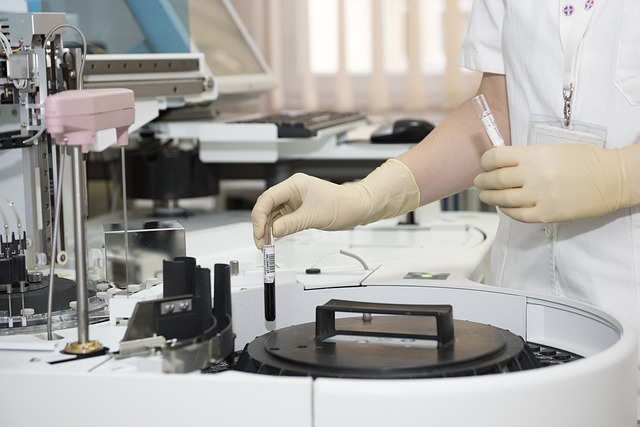The integration of artificial intelligence (AI) into healthcare has ushered in a new era of possibilities, transforming the landscape of diagnosis, treatment, and research.
With its ability to analyze vast amounts of data quickly and accurately, AI holds immense potential to revolutionize healthcare delivery worldwide.
AI in Medical Imaging
AI’s role in medical imaging is transformative, enhancing the accuracy and efficiency of diagnostic processes.
Through machine learning algorithms, AI can analyze medical images such as X-rays, MRIs, and CT scans to detect abnormalities, tumors, and other anomalies with high precision.
Additionally, AI-powered imaging systems can assist radiologists in interpreting images, reducing interpretation errors and improving patient outcomes.
The integration of AI into medical imaging not only accelerates diagnosis but also facilitates early detection of diseases, leading to more effective treatment strategies.
Personalized Medicine and Treatment Optimization
AI enables personalized medicine by analyzing patient data, including genetic information, medical history, and lifestyle factors, to tailor treatment plans to individual patients.
Machine learning algorithms can predict how patients will respond to different medications, allowing healthcare providers to optimize treatment strategies and minimize adverse effects.
By harnessing AI-driven predictive analytics, healthcare professionals can deliver targeted therapies that are more effective and less invasive, ultimately improving patient outcomes and quality of life.
Clinical Decision Support Systems
AI-powered clinical decision support systems (CDSS) assist healthcare providers in making evidence-based decisions by analyzing patient data and medical literature.
These systems can alert clinicians to potential drug interactions, recommend appropriate treatments based on patient characteristics, and provide real-time guidance during surgical procedures.
By augmenting clinical judgment with AI-driven insights, CDSS help healthcare professionals make more informed decisions, enhance patient safety, and optimize healthcare delivery.
Drug Discovery and Development
AI accelerates the drug discovery and development process by analyzing vast datasets to identify potential drug candidates and predict their efficacy and safety profiles.
Machine learning algorithms can analyze molecular structures, biological pathways, and clinical trial data to identify promising drug targets and optimize drug design. Additionally, AI-driven predictive modeling can streamline clinical trials by identifying patient populations most likely to benefit from experimental therapies, reducing costs and time-to-market for new treatments.
By harnessing AI in drug discovery, pharmaceutical companies can innovate more rapidly and bring new therapies to market more efficiently, addressing unmet medical needs and improving patient care.
Healthcare Operations and Resource Management
AI enhances healthcare operations and resource management by optimizing workflows, scheduling appointments, and allocating resources more efficiently.
Machine learning algorithms can analyze patient flow, predict demand for services, and optimize staffing levels to ensure timely and effective care delivery.
Additionally, AI-powered chatbots and virtual assistants can streamline administrative tasks, such as appointment scheduling and medication refills, freeing up healthcare professionals to focus on patient care.
By leveraging AI in healthcare operations, organizations can improve efficiency, reduce costs, and enhance the patient experience.
Conclusion:
AI is revolutionizing healthcare by transforming diagnosis, treatment, and research across multiple domains. From medical imaging and personalized medicine to clinical decision support and drug discovery, AI-driven innovations are reshaping the way healthcare is delivered and improving patient outcomes worldwide. As the field of AI continues to advance, its potential to revolutionize healthcare will only continue to grow, ushering in a new era of precision medicine and personalized care.






